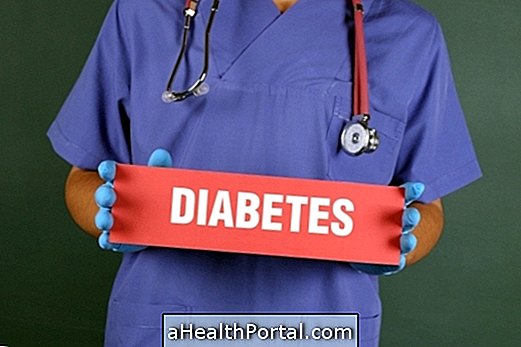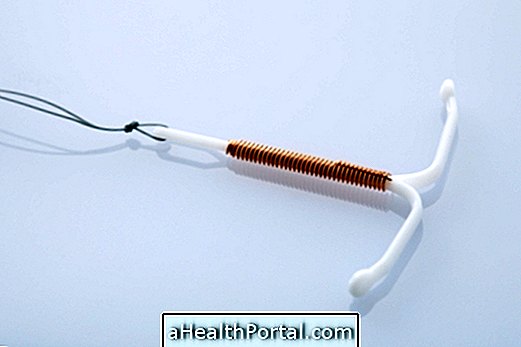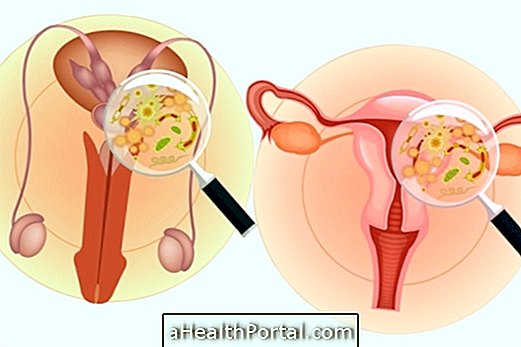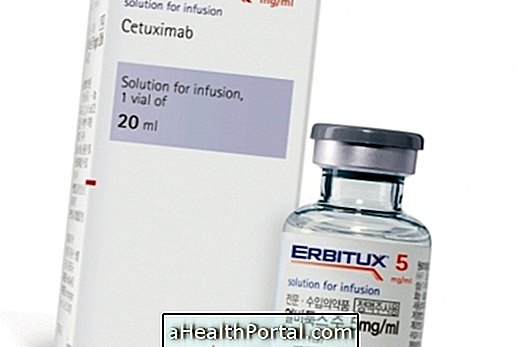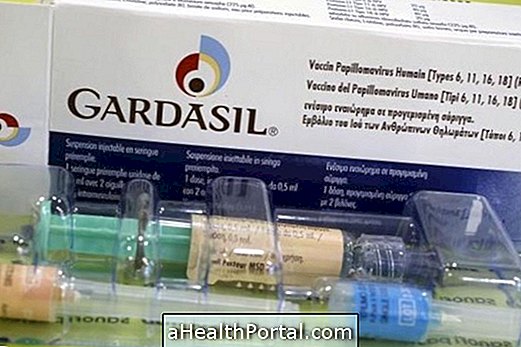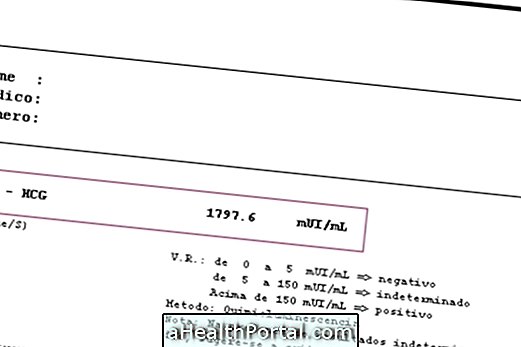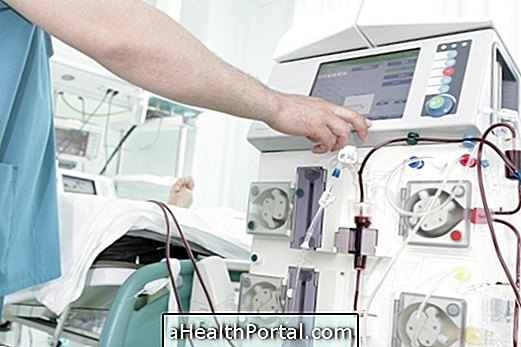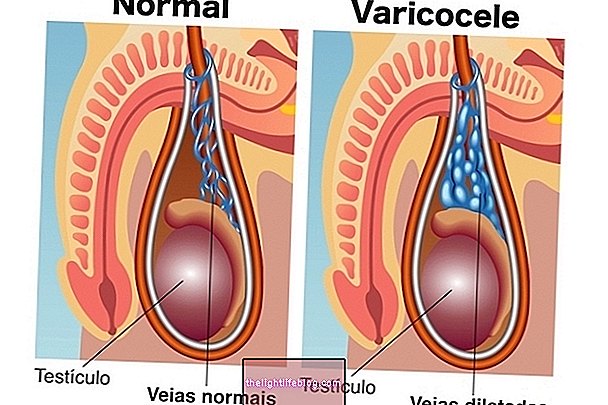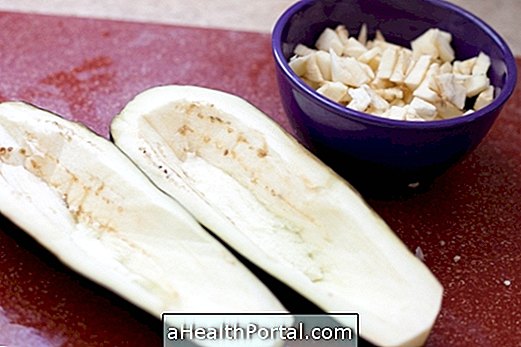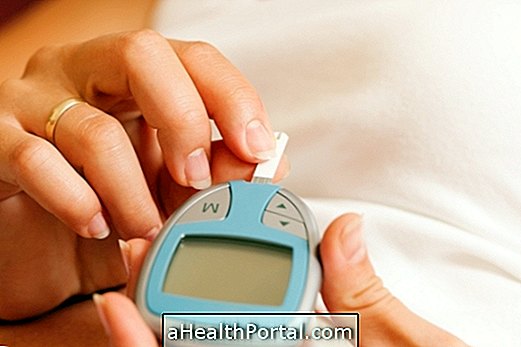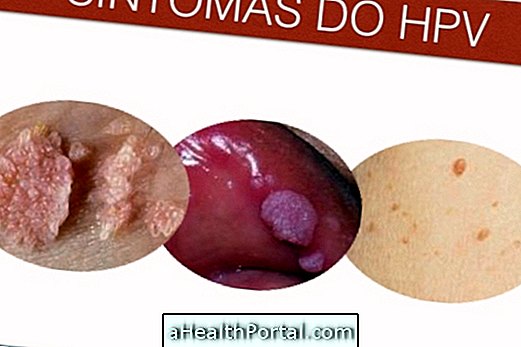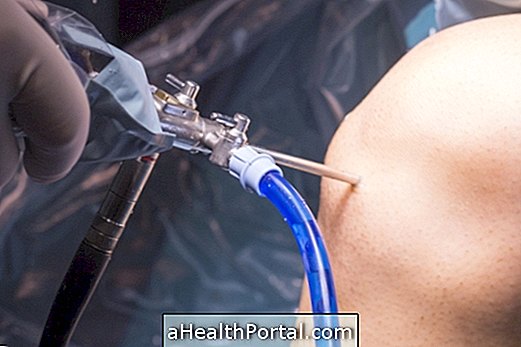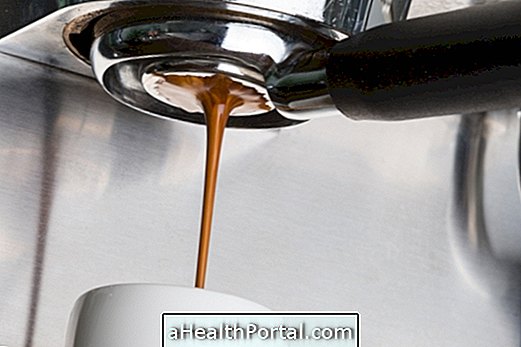Although the probability of becoming pregnant after 40 years of age is lower, this is possible and may be safe if the woman follows all the care the doctor gives by prenatal care with all the necessary exams.
At that age, the woman who becomes pregnant needs to be seen by the doctor more frequently and consultations can happen 2-3 times a month and she still needs to do more specific tests to assess both her health and her baby's health.

1. Is getting pregnant at age 40 dangerous?
Getting pregnant at age 40 is more dangerous than getting pregnant early in adulthood. The risks of getting pregnant at 40 years of age include:
- Increased chances of developing gestational diabetes
- Eclampsia: typical high blood pressure of pregnancy;
- The chances of an abortion are greater;
- The risk of the baby having a disability is greater;
- The risks of the baby being born before 38 weeks of gestation are also higher.
Learn more details at: Risks of getting pregnant after 40
2. What is the probability of getting pregnant at age 40?
Although a woman's chambers can get pregnant at 40 years of age are smaller than those who can get pregnant at age 20, they are not non-existent. If the woman has not yet entered the menopause and has no disease that affects the reproductive system, she still has a chance of getting pregnant.
What can make pregnancy difficult at age 40 is that the eggs no longer respond so well to the hormones responsible for ovulation due to age. With the aging of the eggs, there is a greater chance of miscarriages and the baby will suffer from some genetic disease, such as Down syndrome.
3. When to make pregnancy treatments after 40 years?
If after a few attempts the woman can not become pregnant, she can choose assisted fertilization techniques or adopt a child. Some techniques that can be used when natural pregnancy does not happen are:
- Induction of ovulation;
- In vitro fertilization;
- Artificial insemination.
These treatments are indicated when the couple can not get pregnant alone after 1 year of attempts. They are a good alternative for those who have difficulty in getting pregnant but can also be quite exhausting because every year that passes the chances of a woman getting pregnant or maintaining a pregnancy are being reduced and each of these treatments should only be performed once a year.
Tips for Getting Pregnant Faster
If you are 40 and want to get pregnant, here are some tips that can help:
- Perform a checkup before attempts to get pregnant begin;
- Check your fertility rate through a blood test to check FSH and / or estradiol levels at the beginning of the menstrual cycle. Levels of these hormones may suggest that the ovaries no longer respond to the hormones that induce ovulation.
- Start taking folic acid 3 months before attempts to get pregnant begin;
- Practice physical exercise on a regular basis and eat well;
- Avoid stress and anxiety;
- Have relationships during the fertile period. To know when your next fertile period is, enter your data:


